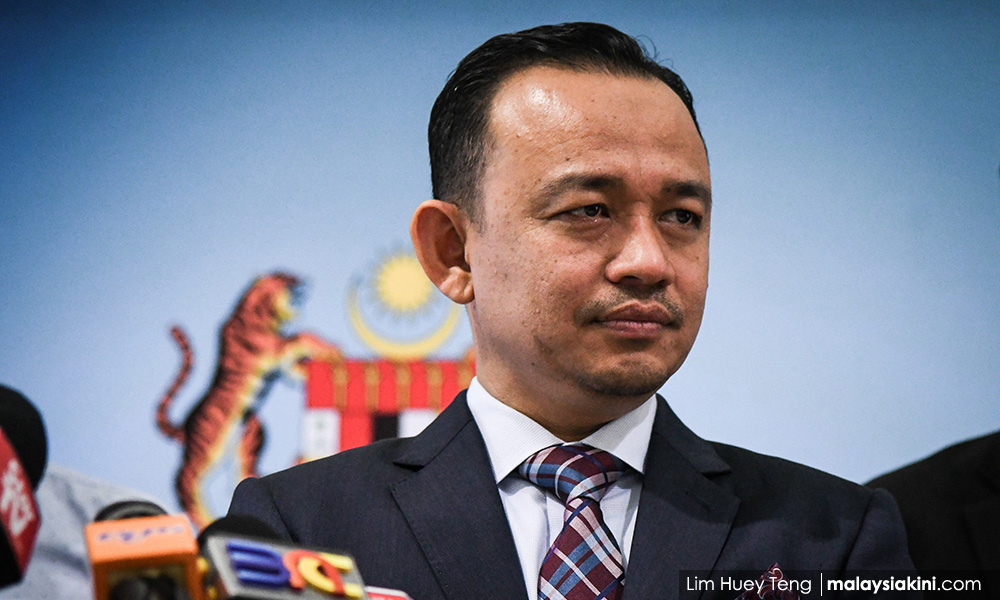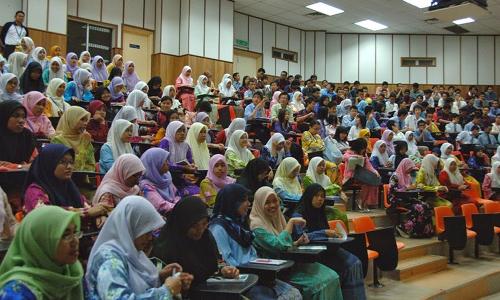Gerakan: Bigger matriculation intake doesn't make it fairer
Putrajaya's decision to increase the matriculation programme intake does not make the system fairer, Gerakan president Dominic Lau said today.
Instead of the 90:10 quota system, Lau said the programme should use a merit-based system, while limiting the quota to students from lower-income families only.
"The federal government could also consider adopting a single examination, with STPM the only test for entry into a public university.
"People want to see systemic changes which treat all students fairly and equally in terms of enrolment in the matriculation programme.
"A bigger intake, but with the quota remaining in place, is not a solution that Pakatan Harapan should be proud of," he said in a statement.
Lau called the current policy on matriculation both "outdated" and "regressive."
The Education Ministry recently announced that the intake for the matriculation programme would increase by 60 percent to 40,000, while the 90:10 quota would remain.

Education Minister Maszlee Malik said that despite the quota remaining in place, more non-bumiputera would be able to join the programme.
Although Harapan had never promised to review the matriculation quota, observers have noted that the move was related to its promise to help the Indian community gain more spots in public universities.
Matriculation is a special science-based pre-university course that is recognised as a pathway to public universities.
Critics have argued that it is a far easier route to a public university compared to the STPM, an internationally-recognised A-Levels equivalent.
For instance, academic Lee Hwok Aun alleged the matriculation programme "underequips students academically" and "did not cultivate academic rigour and confidence."
DAP's varsity affairs bureau, meanwhile, had argued that increasing the programme's intake would make it harder for STPM holders to gain university placement, despite being a superior certificate.
RM12.50 / month
- Unlimited access to award-winning journalism
- Comment and share your opinions on all our articles
- Gift interesting stories to your friends
- Tax deductable
